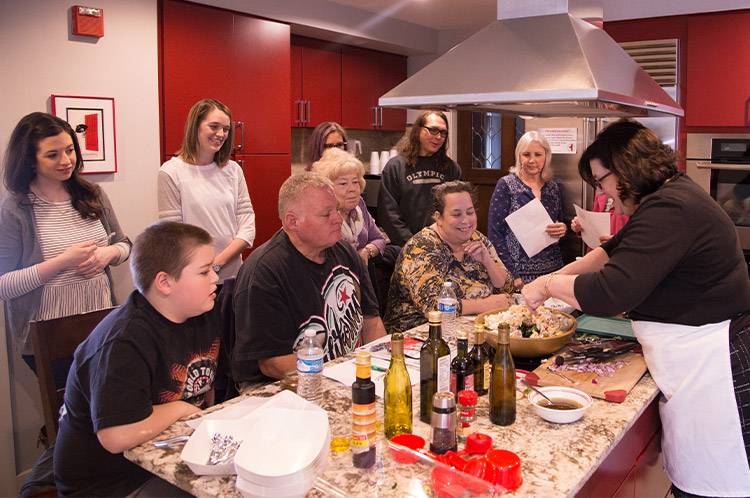
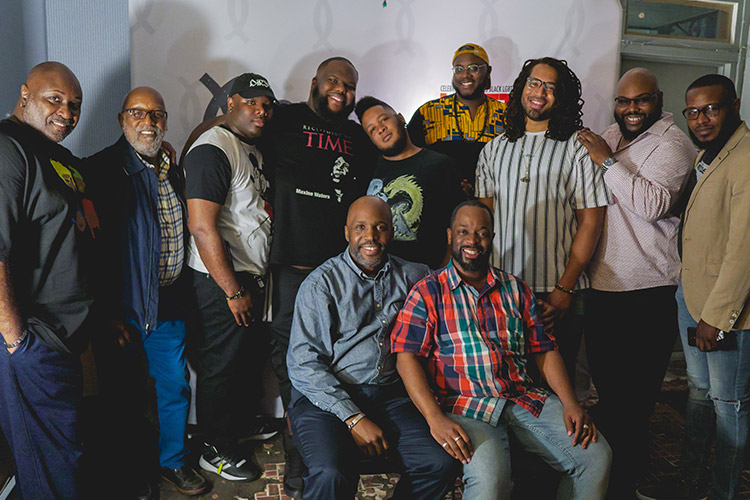
Letter from the Board Chair
In the field of philanthropy, we often refer to IMPACT – what impact or benefit did our grant have on an organization, and ultimately, on the people it serves? For many foundations, including The Jewish Fund, long-term impact from a specific program or service is difficult to assess due to an organization’s lack of capacity to measure long-term change. This is not surprising as it is challenging enough to maintain contact over a short-term period with clients/participants who complete their participation. Maintaining contact over years requires dedicated staff and a willingness on the part of clients to respond.
Without these objective evaluation methods to follow clients or program recipients over time, while also identifying the role the specific program or service had in creating impact, we are primarily left with short-term evaluations.
This is the reality of life as we question why things are the way they are. We accept these realities and strive to make the wisest and most informed decisions based upon information available and attainable.
Grants awarded to our community partners this past year were impactful in different ways. Many supported the growth of the organization to deliver its services, which we consider to be capacity building activities.
These grants include the following:
Black Mothers' Breastfeeding Association (BMBFA) successfully has achieved national accreditation for its community-based doula program. This allows the organization to expand and enhance the level of delivery of its doula services to the community, while simultaneously creating a pathway for financial sustainability. With the accreditation status, BMBFA may expand to delivery of state and federally accredited training programs.
Congregation Beth ChabaD of Greater Downtown Detroit created a new staffing structure to more effectively respond to the evolution of its administrative and programming operations. This has led to outcomes including more effective management, increased revenue, more focused programming and a more effective advisory board.
Corktown Health Center recognized the need to identify and align itself with a major university medical school as it launched its clinical services in 2017. A group of funders joined together to support the expenses related to a new medical director, a position created with a memorandum of understanding with the Wayne State University Physicians Group.
Jewish Senior Life sought revenue support of two programs operating with significant deficits. During the grant period, the organization did the difficult work of determining whether to continue the programs, to identify a new model or to adjust its operations to be able to support these programs.
We recognize the value of capacity building grants and are continuing to support these needs with grant investments today and into the future.
For long-term impact, we believe philanthropy can be very effective in providing community organizations with the resources to re-envision, re-structure and re-invest.
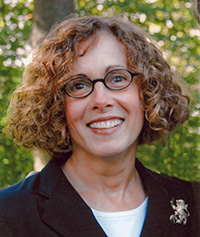

Nancy Grosfeld, Chair
Tamarack Camps' Special Needs Inclusion Program
The Robert Sosnick Award of Excellence was established in memory of Robert Sosnick, whose bold vision and leadership skills led to the creation of The Jewish Fund. In tribute to Mr. Sosnick and in keeping with the mission of The Jewish Fund, the program selected for the award should represent the ideals and standards of excellence that are both hallmarks of this award and characteristics of Robert Sosnick. Innovation, collaboration, achievement of program objectives, impact on quality of life, management of resources and sustainability are all key criteria for a program’s selection of this annual award which includes a $25,000 prize.
Tamarack Camps has successfully served the diverse camper population, including those with a range of special needs, for decades. Through focus on appropriate staffing at all levels, health services, camper experiences and facility enhancements and modifications, Tamarack has gradually expanded its ability to positively incorporate children and young adults with diverse needs into a wide range of its programs.
The Yachad program serves children in Camp Maas with special needs who require a higher level of support. Campers in the Yachad program are included in villages with their same aged peers. An additional counselor who receives specific training is assigned to the cabin. Teens who have “graduated” from Camp Maas and require a higher level of support than offered through Tamarack’s Teen Programs, can join Avodah, in which teens and young adults participate in work skills and recreation programs at the camp. Four staff and a supervisor support Avodah.
All staff and village supervisors attend intensive training to learn strategies to support campers with special needs. The entire camp staff also receives training in areas of mental health, inclusion and behavior. Additional training takes place throughout the summer. The camp also offers four social workers to respond to the diverse needs of its campers and staff, and certified teachers to help with day-to-day behavioral and emotional support for all campers.
Nine grants totaling $925,615 since 1998 were awarded by The Jewish Fund to Tamarack Camps, of which $631,740 targeted inclusion of campers with special needs. The most recent grant of $448,240 was in May 2019. The recent grant from The Jewish Fund will support renovations of cabins in this village to more appropriately house these young people.
Particularly noteworthy is the long-term impact on the attitudes and behaviors of youth and adults, as a result of inclusion. Development of empathy, recognition of the diversity of a community, and reduction in stigma, are key outcomes of the camp inclusion program for campers with and without special needs, counselors and other staff.
Tamarack has modeled inclusion in the metro Detroit area, having expanded in response to community needs while recognizing the importance of delivering high quality programs and services to all campers and staff. It has successfully increased its donor revenue supporting these services as well.
Tamarack's long-term commitment to inclusion of children and young adults with special needs into its overall camping program, deserves this honor.
The committee noted that Tamarack's development of this program over the last many years has grown to include inclusion of children with a wide range of needs, including those with mental and emotional health needs. The agency's commitment to strong staff training and support has contributed to the excellent care and services provided by the camp.
The Jewish Fund is very proud to honor Tamarack Camps with the Robert Sosnick Award of Excellence for 2019.

2018 St. Joseph Mercy Oakland – Mercy Dental Center
2017 Hamtramck School-Based Health Center in partnership with Children’s Hospital of Michigan Foundation
2016 Starfish Family Services
2015 Hebrew Free Loan
2014 Isaac Agree Downtown Synagogue
2013 Fair Food Network
2012 Forgotten Harvest
2011 Kadima
2010 Summer in the City
2009 JARC
2008 Jewish Senior Life/JVS
2007 Jewish Family Service
2006 Jewish Community Center
2005 City Year Detroit
2004 Children’s Dental Health Foundation
2003 DMC/Sinai Grace Hospital
2002 Jewish Hospice & Chaplaincy Network
2001 Kids Kicking Cancer
2000 JVS/Jewish Senior Life
The following lists show The Jewish Fund grants that were approved during the 2018-2019 fiscal year at the May and November 2018 board meetings. The lists include both new and continuation grants and are divided into sections reflecting the primary program areas of The Jewish Fund’s grantmaking priorities.
In keeping with its mission, The Jewish Fund emphasizes support of health and social welfare services which benefit vulnerable and/or underserved Jewish people in the community. Additionally The Fund supports innovative initiatives that enhance the historic bond between the Jewish community and Detroit.
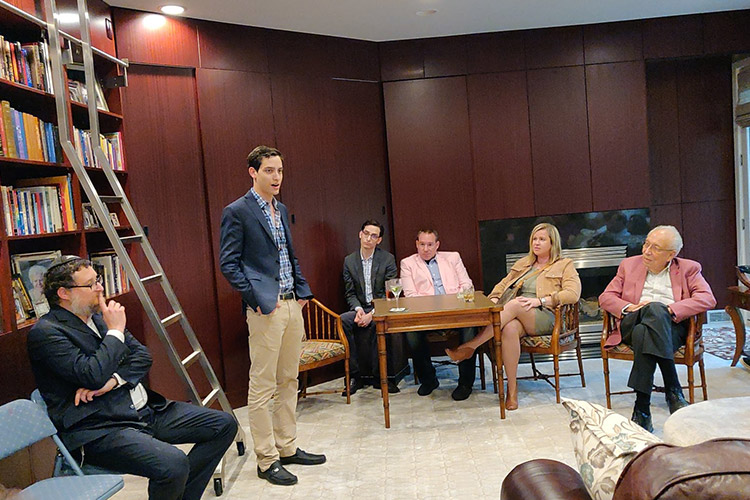
$50,000 Third year of a three-year grant of $195,000 to expand ChabaD’s infrastructure and build a foundation for sustainable growth.
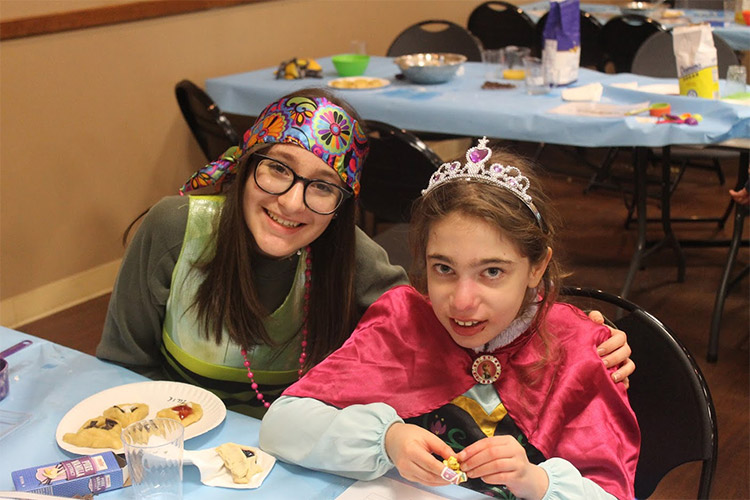
$75,000 Second year of a two-year grant of $125,000 to build a development operation that is systematic and sustained.
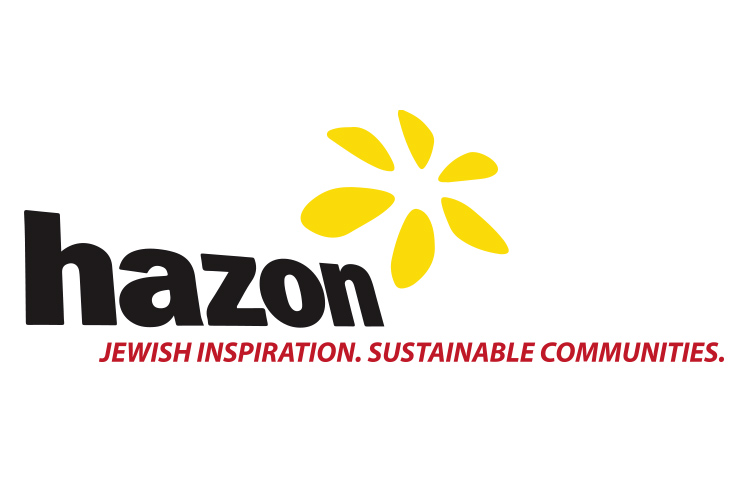
$47,850 First year of a three-year grant of $128,920 to build on the Jewish community’s investment and involvement in the design and build-out of the Oakland Avenue Urban Farm Detroit Cultivator project.
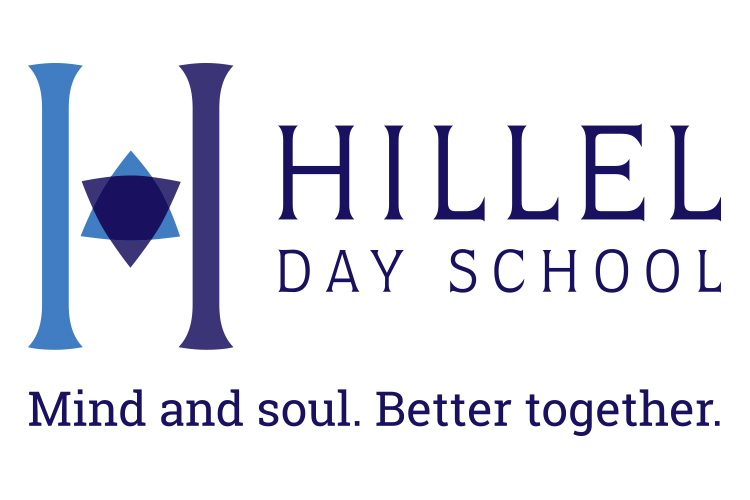
$44,340 First year of a three-year grant of $111,340 to implement the Responsive Classroom, part of the Enhancing Social-Emotional Learning curriculum.
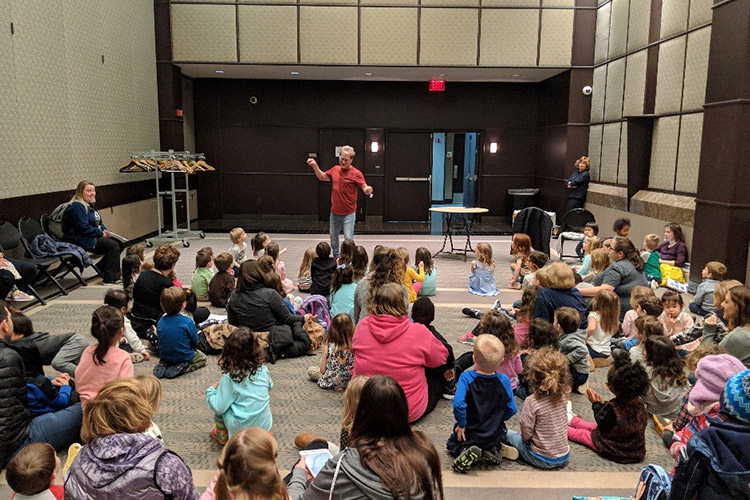
$102,000 Third year of a three-year grant of $331,100 to expand integral on-site educational support services to better serve students with diverse learning differences in Jewish day schools.
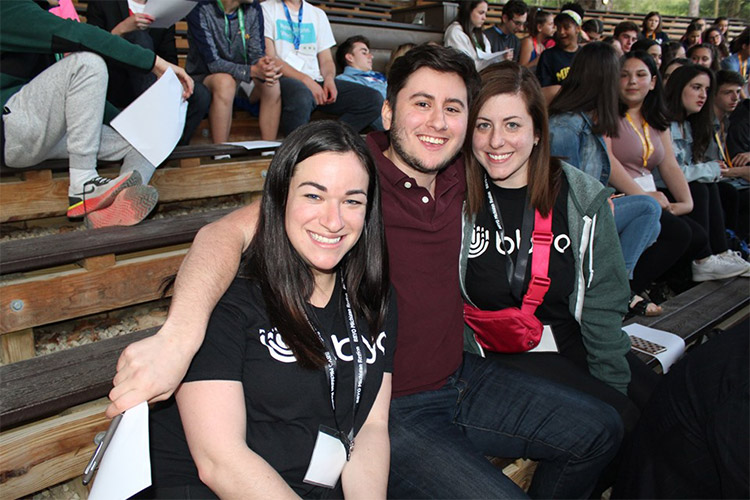
$68,320 First year of a three-year grant of $203,951 to hire a social worker to support BBYO youth, families and staff.
$342,433 One-year grant to maintain daily functioning and improve the quality of life for vulnerable and/or underserved adults aging in place through escorted transportation and in-home support services.
$100,000 First year of a three-year, $275,000 grant to improve the quality of life and coordinate care for vulnerable older adults with two or more chronic conditions.
$100,000 One-year grant to facilitate the enrollment of individuals and families of southeast Michigan into health insurance through collaboration with ACCESS.
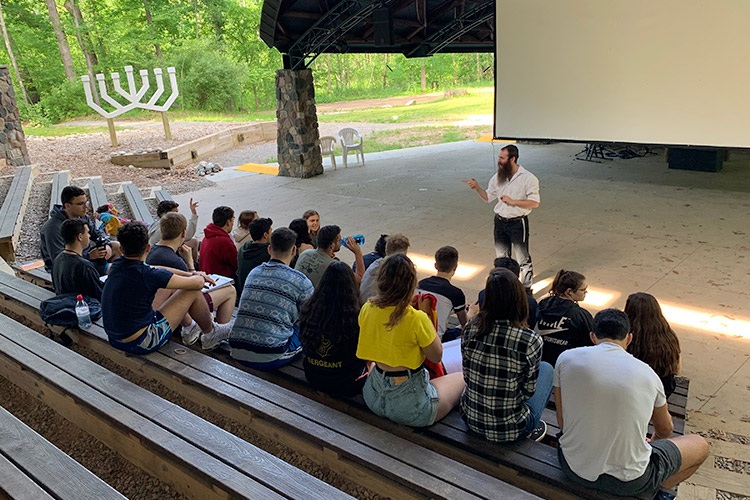
$93,836 An extension to a fifth year, to utilize the $500,000 challenge grant to its Centennial Campaign, focusing on health and welfare needs.
$58,135 Second year of a three-year, $236,095 grant to develop and implement JHelp, a community-wide social service portal.
$132,500 Second year of a three-year grant of $376,500 to develop a community-based youth mental health training program.
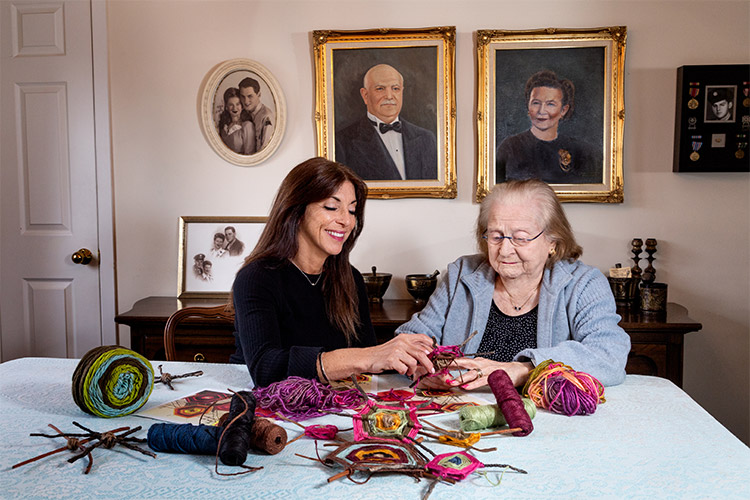
$75,000 First year of a three-year, $225,000 grant to support the expansion of its Enrichments Programs.
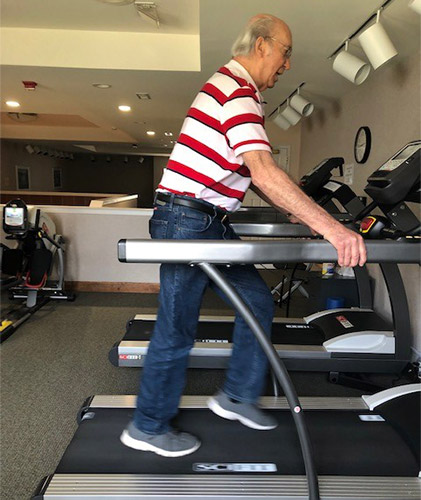
$250,000 First year of a three-year, $500,000 grant to provide short-term financial support of two community-based programs.
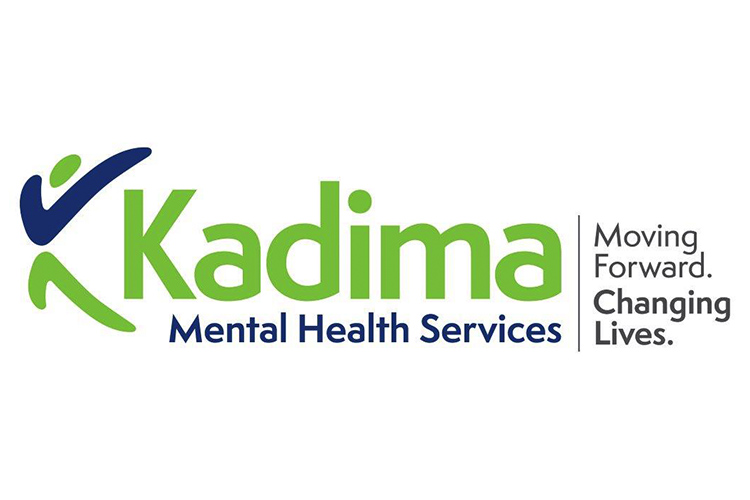
$40,000 One-year grant to support a new part-time grant writer.
In order to best respond to the health needs of vulnerable and/or underserved residents of Detroit and the surrounding area, The Jewish Fund supports efforts to increase access to quality health care services and to improve health outcomes through early childhood health interventions.
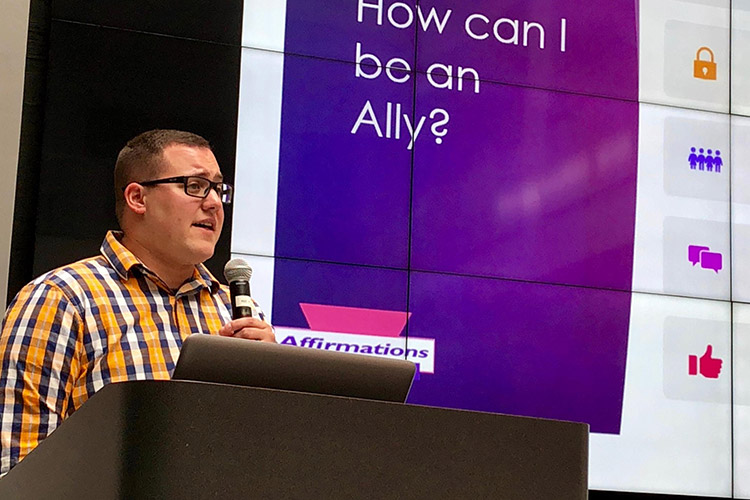
$74,768 Second year of a two-year $149,536 grant to expand the LGBTQ Learning Labs for healthcare professions.
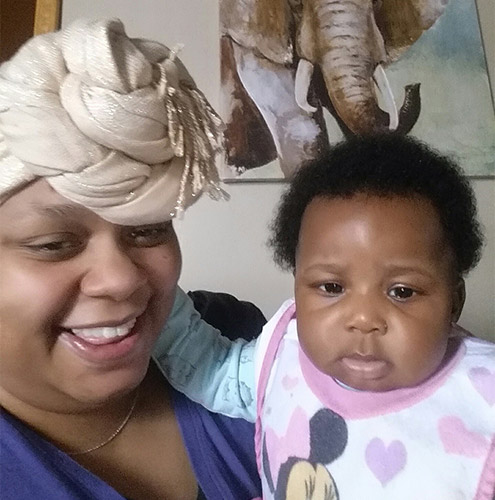
$90,975 Second year of a three-year, $270,885 grant to achieve national accreditation for its community-based doula program.
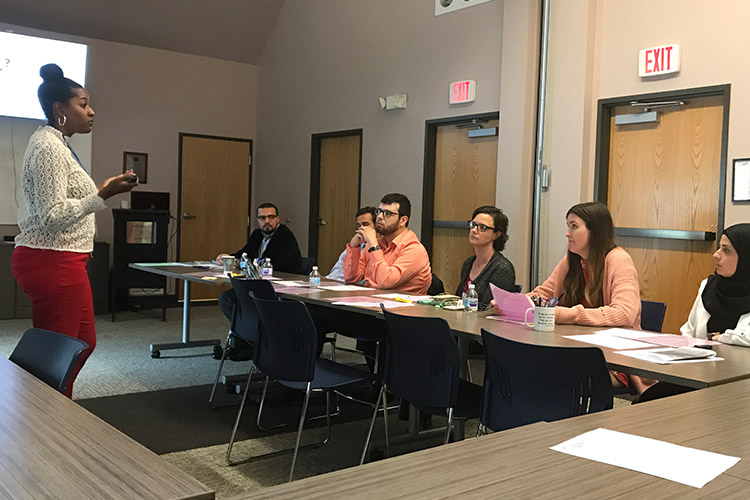
$20,350 First year of a three-year grant of $36,350 to provide child abuse prevention trainings for medical professionals throughout metropolitan Detroit.
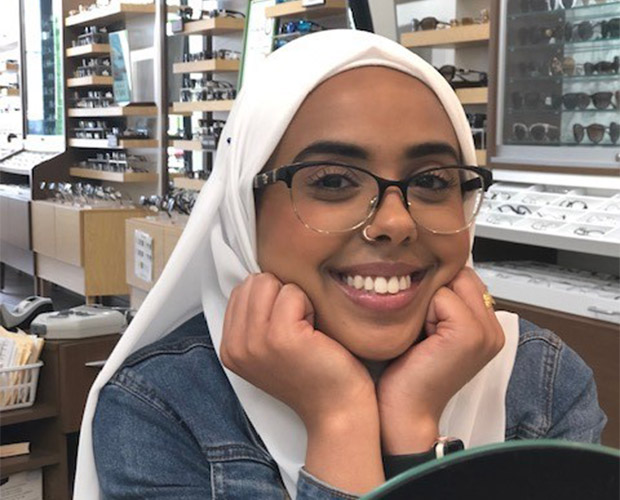
$19,950 Second year of a three-year, $59,850 grant to provide vision services to economically disadvantaged Hamtramck Public School students.
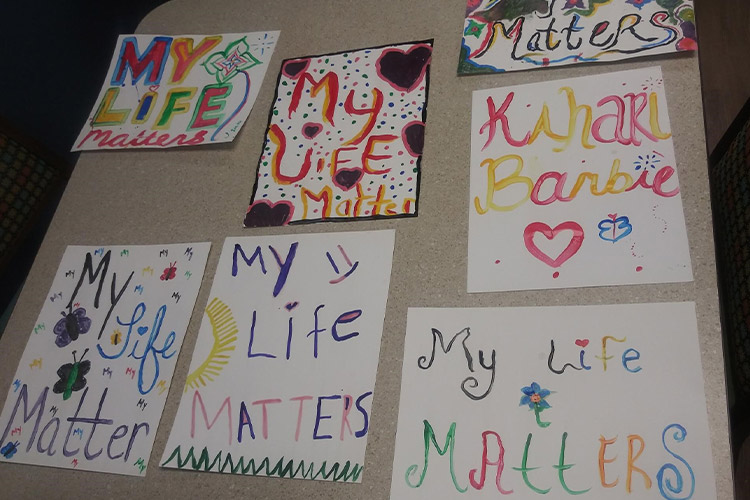
$20,000 Third year of a three-year grant of $75,000 to improve the health of the homeless and their children through consistent and ongoing access to health care.
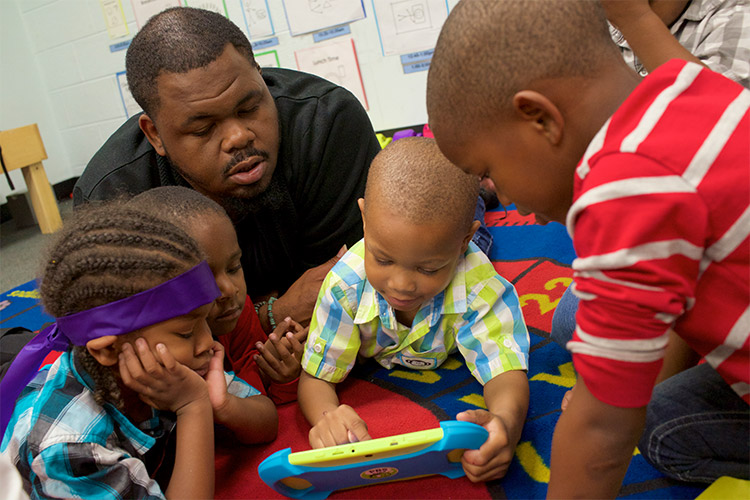
$75,000 Second year of a two-year, $150,000 grant to support youth with special needs within Detroit’s Head Start system.

$100,000 Second year of a two-year grant of $200,000 to support the building of its new health center at Gardenview Estates.
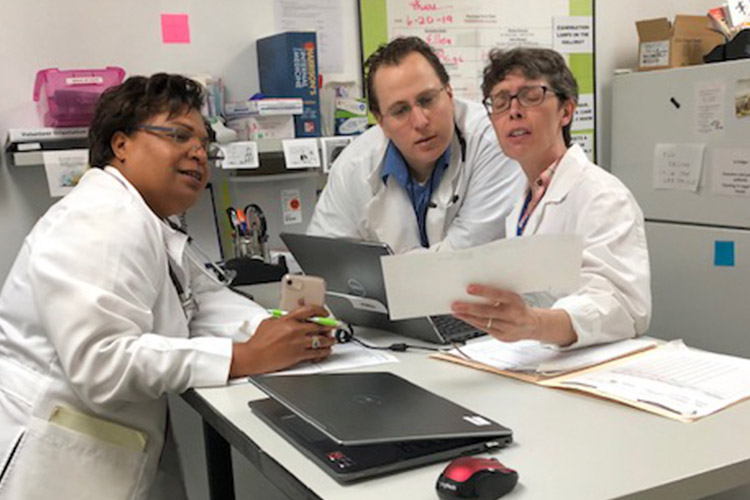
$7,000 Third year of a three-year, $21,000 grant to expand its clinic operations.
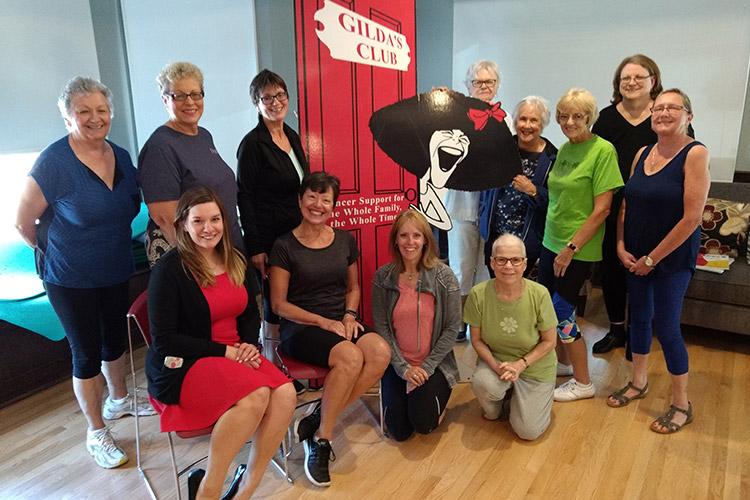
$8,970 First year of a three-year, $20,000 grant to support, educate and empower cancer survivors through new support groups.
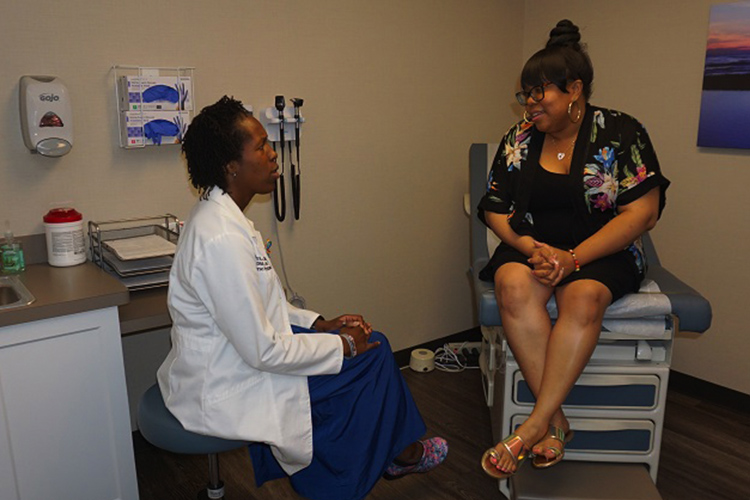
$75,000 Second year of a two-year grant of $150,000 to increase access to primary care and HIV treatment services for individuals and families in Southeast Michigan.
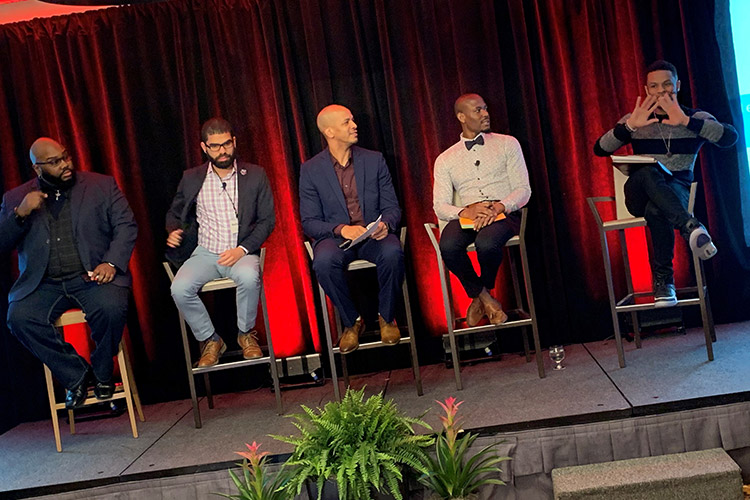
$34,500 First year of a three-year, $69,000 grant to supplement services and spaces to those living with HIV/AIDS in the LGBT community.
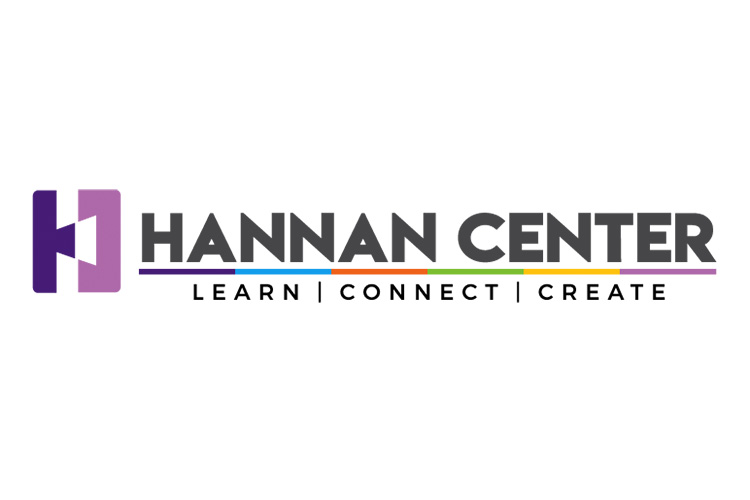
$75,000 First year of a three-year grant of $195,000 to operate a day center in Detroit exclusively for people with dementia and their caregivers.
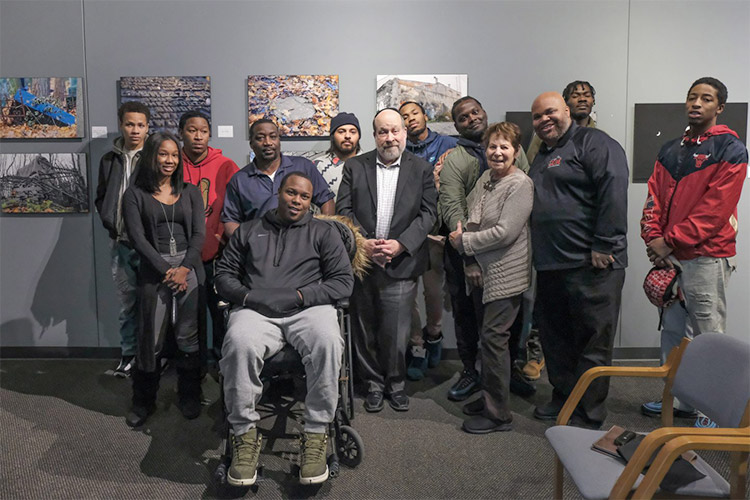
$150,000 First year of a three-year grant of $450,000 to enhance and expand DLIVE’s operations to improve outcomes for young survivors of community violence in Detroit.
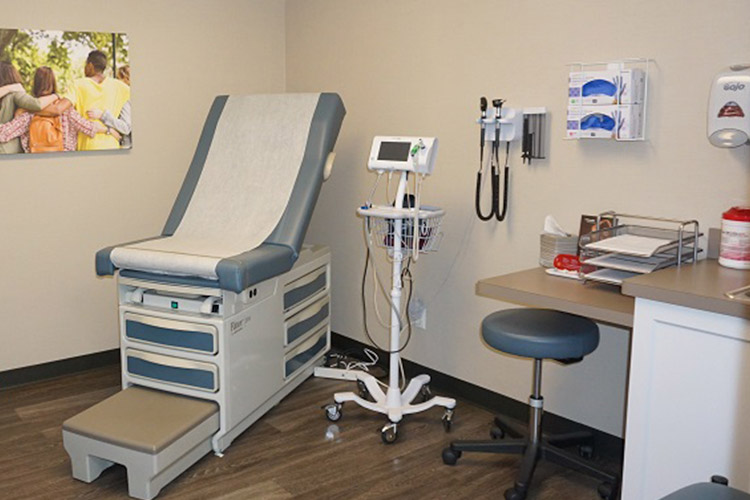
$68,630 First year of a two-year grant of $127,260 to address racial disparity in the infant mortality rate by decreasing unplanned pregnancies and sexually transmitted infections through increased access to reproductive health care service in Wayne County.

$25,000 Third year of a three-year, $125,000 grant to develop and implement Baby Power for Dads.
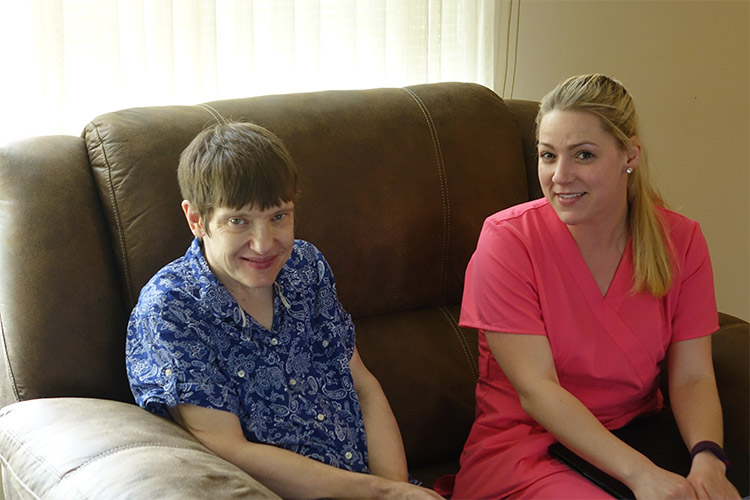
$25,000 One-year challenge grant to support a dental hygienist to provide direct care and education to developmentally disabled patients and group home staff.
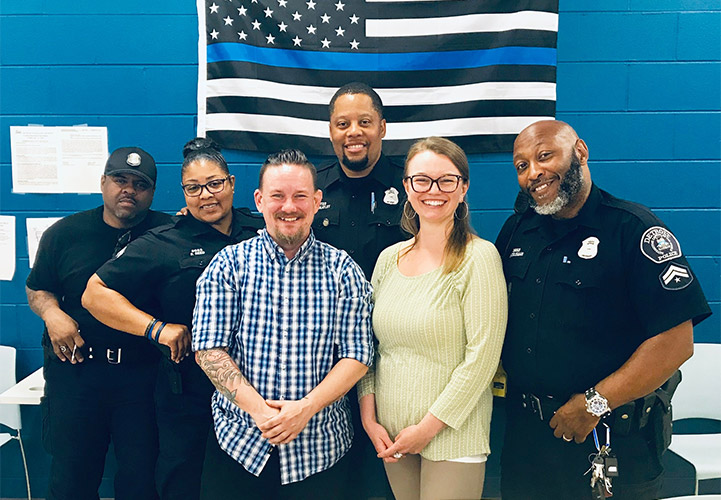
$55,052 First year of a three-year, $172,000 grant to reduce the incidence of intimate partner violence and improve the wellness of survivors in metropolitan Detroit.
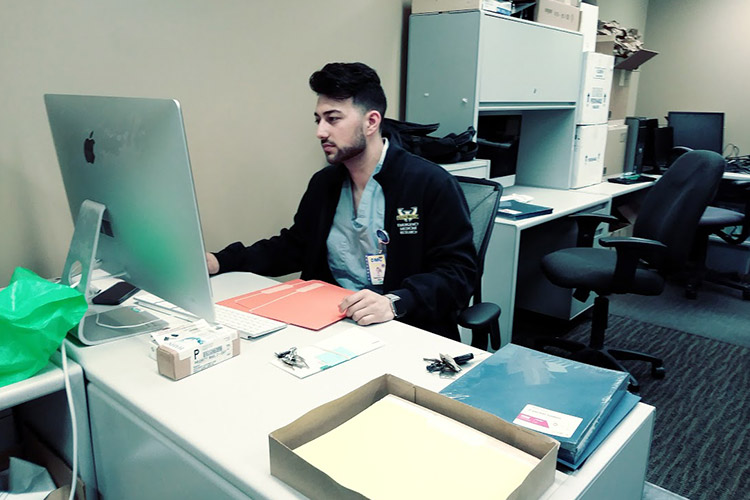
$40,000 Second year of a three-year, $120,000 grant to provide medical students with a summer research internship. The second year will take place in summer, 2019.
$20,000 for Hurricane Michael and Hurricane Florence Relief.
$25,000 for Water Hydration Systems.
Two grants totaling $5,000 for Los Angeles Wildfire Relief.
$10,000 for Mozambique Cyclone and Indonesian Earthquake/Tsunami Relief.
Twelve grants totaling $24,868 were awarded to support professional development for individual staff of grant partner organizations.
The Jewish Fund Teen Board is a collaborative philanthropy group providing Jewish teens from the Metro Detroit area the opportunity to learn about grantmaking and philanthropy.
The Jewish Fund Teen Board is a collaborative philanthropy group providing Jewish teens from the Metro Detroit area the opportunity to learn about grantmaking and philanthropy. In 2018-2019, our 5th year of programming, two cohorts of teens participated in the grantmaking process. Year 1 consisted of 27 teens experiencing grantmaking for the first time. Year 2 Board members chose to continue their Teen Board experience by deepening their knowledge and skills through a second year of participation. 55 Teen Board members, representing 13 high schools and 14 congregations, granted a total of $100,000. This report is about who they are, what they did and how they did it.
Our responsibility as members of the Teen Board and Metro Detroit communities is to become compassionate leaders. The 2018-2019 Year 1 Teen Board seeks to do this by funding sustainable programs which address the impact mental health challenges can have on educational success.
The Jewish Fund Teen Board Year 2 strives to improve the physical health and safety of the community by supporting programs that work to reduce and/or address the impact of hate and to promote wellness.
Funding was considered for:
The Teen Board accepts a broad definition of violence/hate, which could include: bullying, domestic/family violence, community violence, racism, antisemitism, etc.
The Teen Board was an experience unlike any other. By working together, we made a philanthropic contribution to the community. After passionate discussions, we agreed on our two focus areas: mental health and education. From there, the real work began. We researched local organizations and evaluated their grant proposals. Post analysis, we selected our top organizations and conducted site visits. After seeing these programs first hand and further debate, we came to a consensus on where to allocate the funds. Along the way, we learned the value of respectful listening and compromise. We also have a better social awareness after learning about the issues impacting the Jewish and general community. We are proud of all we’ve accomplished and are eager to see the impact we’ve made in the future.
The Teen Board is made up of young Jewish teens from around the metro Detroit area and consists of a diverse group of students that bring different opinions and backgrounds to the table. Over the course of about seven months, our board holds meetings to discuss where we would like the $50,000 in grant funds to go. As the year progresses, we narrow down our choices of nonprofits. Looking at grant proposals, analyzing the organizations and deciding what proposals we feel best suit our focus areas are the main agendas during our Sunday meetings. After two years on the Teen Board, we know more about grant making and the importance of nonprofits than we ever would’ve thought. The skills we have learned will be used in our future careers no matter what we end up doing with our lives.
Our Jewish identities influences our grantmaking decisions by allowing us to keep in mind Jewish values and our responsibility to better our community. When writing our mission statement, we considered these Jewish principles and used them to guide our grantmaking decisions. The strong sense of community instilled within us the desire to help those less well off than ourselves. Our decisions, framed within Jewish values, helped to strengthen our identities as young Jewish Detroiters making change in our community.
Our favorite site visit of our Teen Board experience was the Empowerment Plan. At this site visit, we had the opportunity to tour their new facility. We were amazed by the vast array of programs that the organization offers to the women that they help. We also got to look at the floor where they make the actual coats. This year, we got to see The Guidance Center’s Kids-TALK Children’s Advocacy Center, an organization in Detroit that we ended up funding. Before learning about this organization, we knew almost nothing about the process that kids go through after experiencing trauma. It was incredible to see all of the steps that happen behind the scenes that play a role in ensuring that there is justice and the children are comfortable.
As a group of young Jewish teens, there is a direct correlation between our grantmaking decisions and our Jewish values. We also felt, because of our own close relationship with stress and anxiety due to academic struggles, that mental health and issues within the education system should no longer be a stigma and should be addressed openly.
Through the Jewish Fund Teen Board we have many opportunities to make decisions that will make a great impact on nonprofit organizations around metro Detroit. We feel that one of the most important values of a nonprofit is the community aspect. For example, a vital part of nonprofits is for the volunteers to be connected with those that they are helping. Tikkun Olam - especially for our board - is arguably the most important value of an organization. “Repairing the world,” or Tikkun Olam, connects to Judaism and drives nonprofits to help the world for the greater good. Overall, there are so many values that play huge roles in the Teen Board’s decisions. We believe that we’ve made the right choices as it’s clear our grants are going to amazing nonprofits.
Using consensus to make decisions has effects on both sides of the spectrum. On one hand, when people come together the ideas are more thought through, complex and judged by more than just one person’s opinion. However, on the other hand, there are often objections, personal interests not being heard and some may feel that the amount of time required to reach consensus could be spent in more meaningful ways. Overall, using consensus for the Teen Board has had a very positive impact on us, even though there always will be challenges as well.
During our time on The Jewish Fund Teen Board, we learned many valuable things through the grantmaking process that we would like to pass on to next year’s Board. First of all, we learned that it is important to narrow our focus of what we fund since it is impossible to fund every organization in our community. We also think that focusing on collaborating and listening to our peers is vital to understand everyone’s opinions. Another aspect of philanthropy that is necessary in grantmaking is compromise, especially in a large group setting. Additionally, we found it helpful to create a mission statement and follow it closely when grantmaking. All of these ideas aided us in selecting which proposals we wanted to fund.
Today, teens are more knowledgeable about social justice issues than ever. As a result, every member of the Teen Board entered the program with certain opinions of what they wanted to change in the world around them. Therefore, it was difficult to decide on one or two problems that we believed were more deserving of our funding dollars than others. When making funding decisions in a group, the hardest part is reaching consensus. In a group of 25+ people from different backgrounds and different family values, there are always a few people that dissent from the common opinion. While these people may slow the process down, they make the group think which is vital for the group’s growth. By using a collaborative grantmaking process, the Teen Board helps members become more open-minded to communal issues while additionally helping each individual work more effectively as a group member.
Giving decisions are based on the overall opinion of the board. We also take into account which organizations need funding the most and the impact that funding can make. The accountability and the values of the organizations help to determine whether or not we fund them.
Through our experience as Detroit area teens and as active high school students, we have witnessed and evaluated the problems in our community as well as the hardships our peers face. We see first-hand how mental health challenges have impacted our friends, family and community members. We have watched and united together as tragedies have plagued our country and even our world. Gun violence, religious hate crimes and crumbling educational infrastructure have captured our attention. Through these issues, we have found the opportunity to focus our philanthropic efforts this past year.
The Teen Board is proud to fund four organizations committed to making significant community impact in this area:
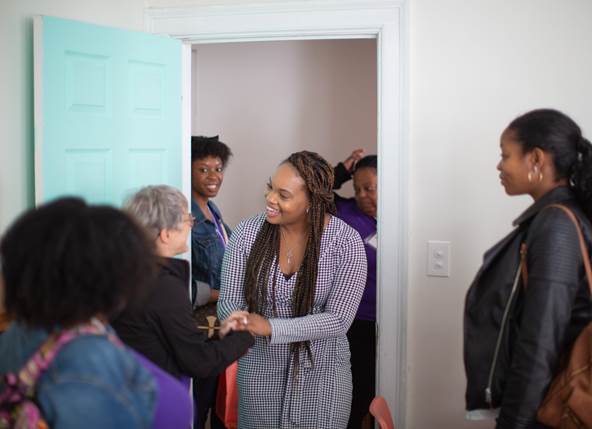
$7,000 to pilot a peer-led mental health support group for parents at Brilliant Detroit’s Osborn location.
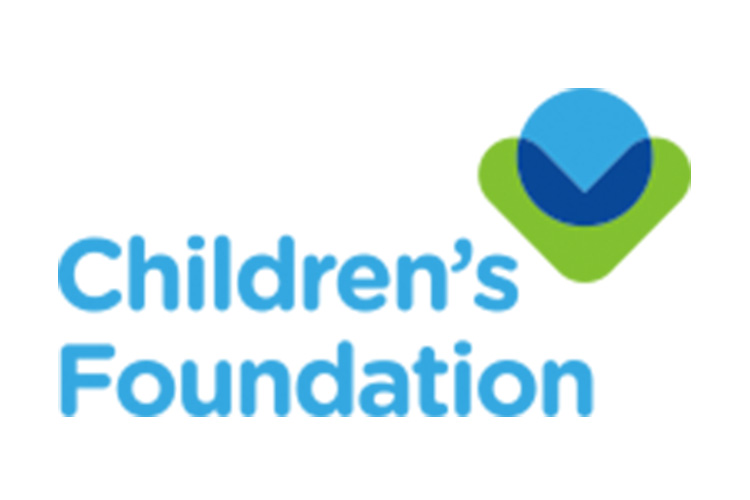
$12,570 to support Hamtramck High School C.A.R.E.S., which will provide mental and behavioral health services to economically disadvantaged, uninsured Hamtramck High School students.
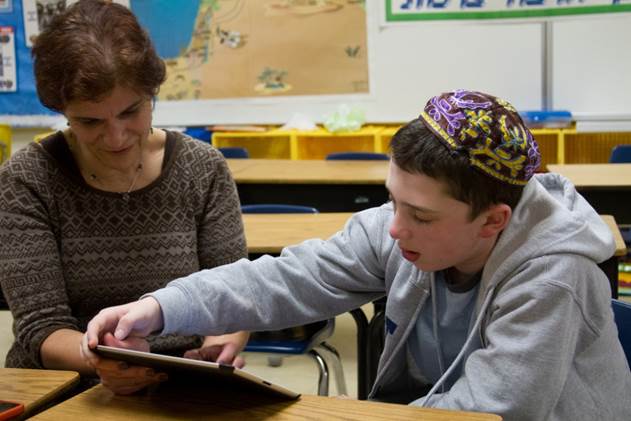
$10,000 to support the Opening the Doors Mental Health Student Empowerment Project, which will address and reduce the negative impact mental health challenges and bullying have on educational success.

$20,000 toward Supporting Young Adults with Mental Health Challenges on College Campuses, which will explore the current unmet mental health support needs for young adults living on or near college campuses in Michigan, as well as explore potential opportunities for partnerships to provide service.
Our focus area this year was the umbrella of physical health and safety and the prevention of hatred within our community. Throughout the year, we have been working to learn about the needs in our community for safety elements that may not be available to everyone. This is important to us because we have the opportunity to assist in tackling the hatred that surrounds our community. Our year has consisted of learning about grantmaking on an deeper level. Over the course of Teen Board Year 2, we have explored further learning of our previous year and have been able to have more intimate conversations about what we’re passionate about.
The Teen Board made three grants to organizations working to address this issue:
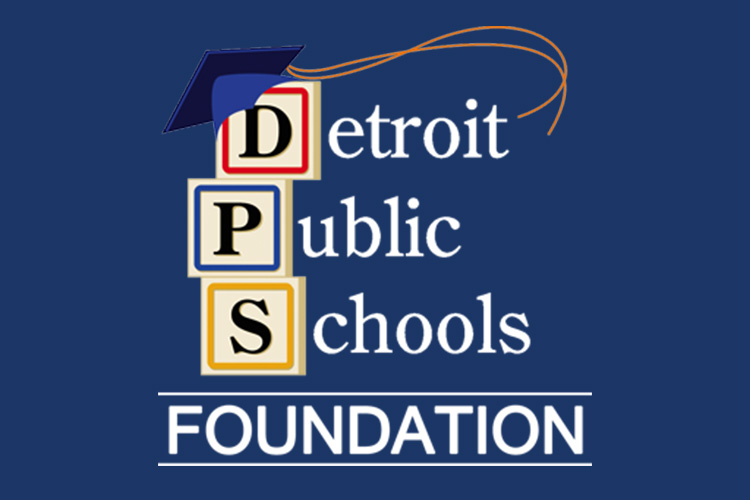
$16,225 to provide programs and sessions for youth in the metropolitan Detroit area with a diversity of faith and backgrounds during the National Day of Racial Healing.
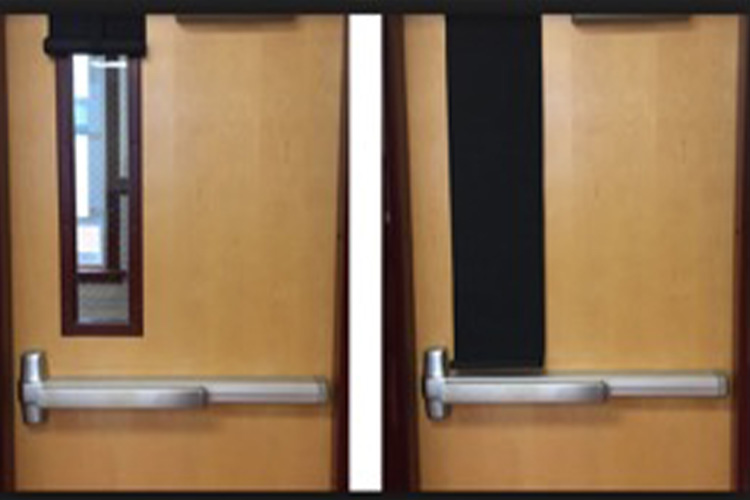
$20,000 to provide Lockdown Security Shades which will protect Jewish students by increasing their safety and security during an active assailant incident.
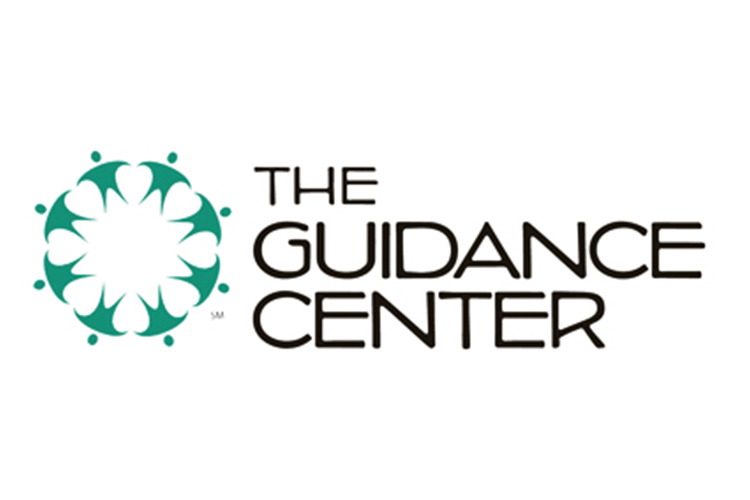
$13,775 to provide emergent and emergency forensic interviews for children and youth who are the suspected victims of abuse or neglect or are witnesses to violent crimes.
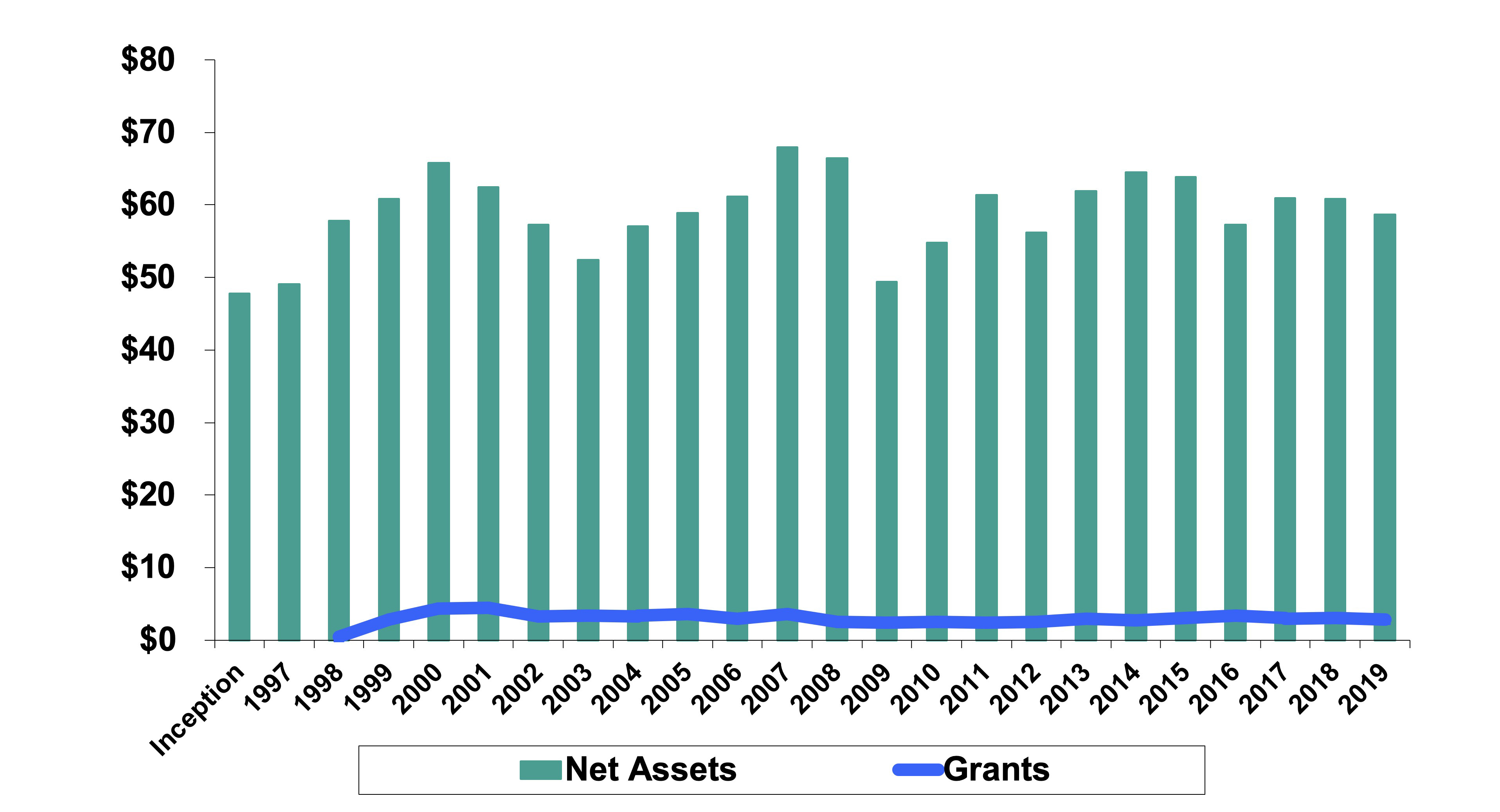
For the year ending May 31, 2019, The Jewish Fund had a total return of 12.8% and the investment’s asset value was $61.6 million. The table above summarizes The Fund’s historic asset balances since its inception in 1997. During the 2019 fiscal year, The Jewish Fund awarded over $3 million in grants, representing the one-year payments of multi-year and single-year grants. Since inception, The Fund has awarded nearly $66 million in grants.
Nancy Grosfeld
Chair
Michael Eizelman
Vice Chair
Jim Bellinson
Michael Berger
Roselyn Komisar Blanck
Penny Blumenstein*
Jeffrey M. Davidson
Elyse Foltyn
Jeffrey D. Forman, M.D.
Lynda Giles, Ph.D.
Renee Handelsman, M.D.
Laura A. Hughes
Alan Jay Kaufman
Scott Kaufman
Sherri L. Ketai
Ronald A. Klein
Mark L. Kowalsky
Anessa Kramer
Richard Krugel, M.D.*
Lawrence Lax
Beverly Liss
Rabbi Harold S. Loss
Michael W. Maddin*
Robert H. Naftaly*
Marcie Hermelin Orley
Susie Pappas
Marta Rosenthal
Susie Schechter
Jeffrey B. Schlussel
Mark E. Schlussel*
Karen Sosnick Schoenberg*
Alexis J. Schostak
Kelly Sternberg
Leah Trosch
Michael R. Tyson
Hon. Helene White
Lawrence A. Wolfe
Dorothy Benyas
Secretary / Treasurer
Robert Sosnick זצ״ל
Mark E. Schlussel
Co-Founding Chairs
Margo Pernick
Executive Director
Martha Goldberg
Teen Board Coordinator
Lauren Rouff
Teen Board Facilitator: Year 2
Kristin Moskovitz
Grants Management Coordinator
Emily Abrams
Eric Adelson
Jenna Anderson
Jane Borenstein
Chase Brodsky
Elisha Cooper
Matthew Doctoroff
Abby Foltyn
Lily Foltyn
Evan Israel
Isabel Jacobson
Elliot Kaftan
Darby Krugel
Jesse Krugel
Yaffa Magier
Max Morganroth
Aria Peterson
Haylie Polakoff
Barry Sabin
Shira Schon
Joseph Schwartz
Gabriel Singer
Robert Victor
Ilan Weiss
Sam Wittenberg
Isabel Zaltz
Zoe Zaltz
Elijah Appelman
Sam Arnold
Chase Colton
Maddie Feinstein
Benny Fellows
Jessica Goldberg
Noa Green
Bree Gross
Nia Kepes
Adin Kleinfeldt
Elan Krakoff
Evan Krasnick
Lilley Kroll
Sloane Krugel
Mara Sabin
Jacob Schlussel
Leah Segal
Benny Shaevsky
Jordan Shefman
Adam Silberg
Eliana Silverman
Jack Wander
Jeremy Berger
Kate Gordon
Atara Kresch
Ellie Rothstein
Jordyn Taylor
Anna Warshay